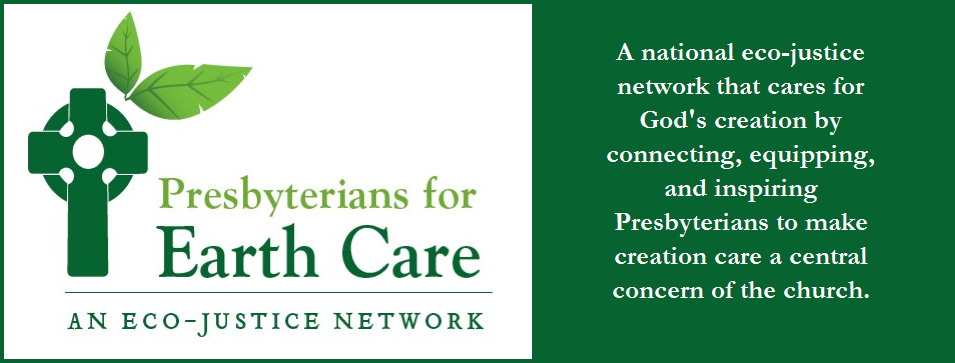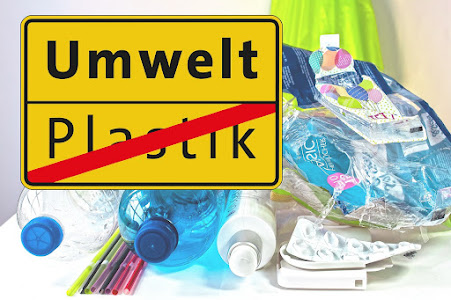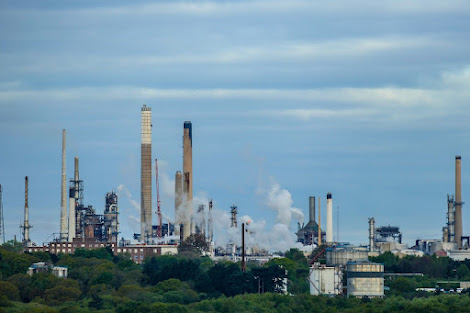An advocacy
campaign — and modeling a lifestyle — of decreasing the use of plastic
(especially single-use plastic) offers an opportunity for faith groups to
partner with secular groups/city/county government. Working at the local and
neighborhood level is an important way to make a difference in caring for
Creation, caring for neighbors, and for welcoming future generations with the
gift of a safer, healthier, cleaner planet.
A group of us
(who are now a part of the JOY New Worshiping Community) organized Ecumenical
Eco-Justice of St. Joseph (Missouri), an advocacy group based on the principles
of the 2015 encyclical, Laudato Si, “On Care for Our Common Home.” We noted
that the city had no environmental committee, so we wrote a resolution for the
mayor to consider empowering EEJ to help set up such a committee. The city
environmental committee was formed in 2018 and both groups have been active
ever since. Our work for Earth Care is similar although the terminology is
different — Creation Justice for the faith group and environmental
sustainability for the city group.
In time, and
after many other projects, it became apparent that work toward educating about
the devastating effects of plastic was vital. Our groups needed to become
educated themselves, so one of the leaders enrolled in an excellent
semester-long class called Beyond Plastic Pollution through Bennington College,
VT. After several other online workshops, EEJ was able to partner with the
national organization, Beyond Plastics and became the only representative in the northwest
Missouri area.
EEJ is working
with the city environmental committee to share, through workshops, meetings,
and other community events, about switching from plastics to reusable items.
One of the City committee’s goals is to “Refuse, Renew, Repurpose, Rethink,
Reduce, Reuse, Recycle.” The committee obtained a grant to purchase reusable
water bottles and shopping bags to distribute to groups who take time to hear
about the importance of the reduction of single-use plastics.
This year’s
theme (also from Beyond Plastics) is the Re-use Revolution, which encourages
citizens to change their habits of using single-use plastic toward reusable
items, avoiding purchasing items with plastic wrapping, and to bring reusable
utensils, take-out containers, and drink containers when heading out to eat.
EEJ will be hosting meetings with educational videos, PowerPoint, and more to
share about the toxic effects of plastic in cracking, manufacturing, using, and
“recycling” or trashing plastic.
“Recycling,
while very worthwhile for items made from metal, glass, and paper, is,
unfortunately, largely a myth when it
comes to anything made from plastic. At least 91% of all plastic will
end up being buried, burned or floating in ever smaller pieces in our oceans
and waterways. Reuse is a simple, commonsense, sustainable solution that we all
need to embrace.” (Beyond Plastics website*)
Together, we can and must shift our
throw-away, wasteful culture to one which understands that Earth is Sacred,
water is sacred, our bodies are sacred… towards a culture which will send the
message of love and nurturing to multiple generations to come.
Diane Waddell is a leader in the
JOY New Worshiping Community, Ecumenical Eco-Justice and the St. Joseph
Sustainable Environment Advisory Committee.




